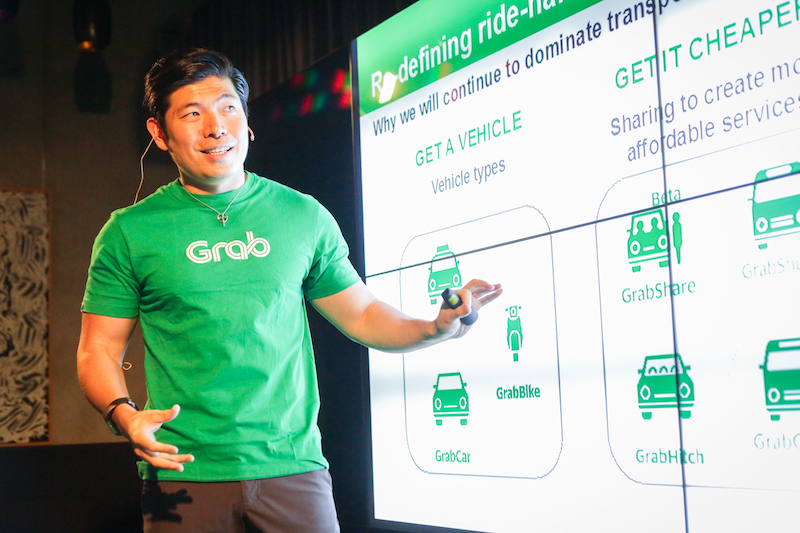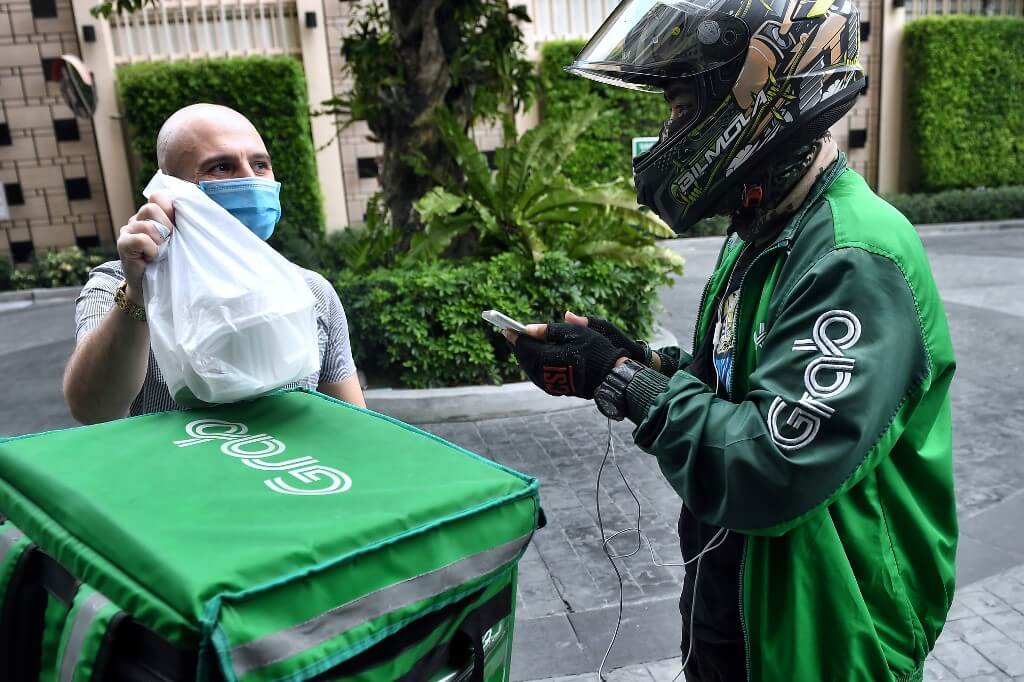WHOEVER thought that an upstart for-profit, taxi-hailing service, which most of us will remember as MyTeksi and began operations in Malaysia in July 2011, would morph into a behemoth called Grab valued at US$40 billion (RM160 billion – nearly 70% more than the market value of Malaysia’s largest listed company, Malayan Banking Bhd).
That’s quite an achievement for the man behind this enterprise, Anthony Tan, a scion of the wealthy Tan family who brought in Nissan cars, then under the brand Datsun, through a franchise from 1957.
But it is sad, too, for although we can claim him as a Malaysian, MyTeksi grew regionally but for reasons not publicly disclosed, moved to Singapore, along the way changing its name to Grab.
We shall examine why this may have happened – why perhaps the largest technology start-up from Southeast Asia, although started in Malaysia and headed by a Malaysian, is no longer considered Malaysian but Singaporean.
Tan Yuet Foh, Anthony’s grandfather, who obtained the franchise, later formed the famous Tan Chong Motors group together with his brother Tan Kim Hor. Yuet Foh, an enterprising taxi driver, was said to have made the pitch to get the Nissan franchise by waiting outside the Japanese embassy for the president of Nissan, who was on a visit.
It’s sweet irony that former taxi driver Yuet Foh’s grandson would start a badly needed taxi-hailing service in Malaysia – where badly squeezed taxi drivers charged an arm and leg for their services and, in general earned, a rather bad rap from customers.

But it was not their fault – it was the system. There were rent-seekers who had to take their cut through rentals of licences even before taxi drivers could make a sen. MyTeksi cut through that – just use your private car, register, get the app, share your revenue with Grab, and you are in business – even taxi drivers. Probably the first major model of a gig business in Malaysia where people at a loose end could get some work.
So successful was this model, the runner-up in the 2011 Harvard Business School Business Plan contest, that it was replicated throughout Southeast Asia. It holds a major leadership position in Southeast Asia, and has diversified into food deliveries, e-wallets and financial services, obtaining approval for a digital bank licence in Singapore.
Two days ago, Grab announced it was going public in the US in partnership with Altimeter, which would put a market value of US$40 billion on it.
The listing, planned “in the coming months” on the Nasdaq exchange, would be the biggest global market launch via a special purpose acquisition company, a statement issued by Grab said. If successful, it should provide Grab with US$4.5 billion in fresh funds, the company added.
That is a fantastic achievement. A company that started operations in Malaysia barely 10 years ago as a taxi-hailing service is now worth 70% more than the country’s largest listed company Malayan Banking (market value of RM95 billion). It successfully expanded its market by becoming a Southeast Asian champion, not a jaguh kampung.
The pity is that the company is no longer Malaysian and moved its headquarters to Singapore two years after it set up operations in Malaysia, presumably because of Singapore’s superior facilities for the operations of companies and greater freedom of operations.

In Malaysia, the company faced a slew of problems, including handling severe backlash from taxi operators who tried to limit Grab’s operations by forcing politicians to act against Grab, including putting restrictions on drivers.
Despite the fact that Grab offered many opportunities for people with spare capacity in terms of time and assets, such as cars and motorbikes, the government still had requirements that limited the people’s ability to use the facilities and for gig workers to be employed by them, such as licencing and training.
But in some areas, they should have intervened, such as encouraging competition (ride-hailing app Uber went out of the market after taking a 27.5% stake in Grab) via competition laws and putting a ceiling on commissions.
That demonstrates a lack of understanding of the emerging gig economy that uses technology to connect potential service providers who have excess capacity with those who want to use them.
Malaysia needs to take advantage of such technologies, which will provide employment for much of its workforce, and encourage the setting-up of such technology platforms locally.
The benefits are twofold – the development of technology and software to enable such platforms within the country and the development of employment through the gig economy.
Malaysia should not hinder this development because it will cost in terms of efficiency of services. Imagine, for instance, the state of transport services without Grab and other ride-hailing companies.
If Malaysia had been more welcoming of Anthony Tan and his ideas and thought more about what the enterprise could do for Malaysia instead of looking to regulate it too much, perhaps Grab would have stayed in Malaysia while becoming a Southeast Asian champion. – The Vibes, April 15, 2021
P. Gunasegaram says entrepreneurship requires the relaxation of rules, not their imposition. He is executive director of advocacy group Sekhar Institute and editorial consultant of The Vibes
